Several major U.S. freight railroads cut freight services ahead of schedule
American railroad workers may go on strike! Several major US freight railroads have begun to reduce freight services ahead of schedule
It is reported that in response to the possible strike of railway workers after 0:00 on September 16 (this Friday), several major freight railway companies in the United States have begun to reduce freight services ahead of schedule.
According to reports, several major US freight railroads including Union Pacific (UP), Burlington Northern Santa Fe (BNSF), American CSX and Norfolk Southern (NS) , must reach a preliminary agreement with the union representing about 60,000 workers by 0:00 on Friday, otherwise union strikes and employer shutdowns will likely occur.
The U.S. Bureau of Transportation Statistics reports that nearly 30 percent of all U.S. cargo, including non-containerized cargo, travels by train. A strike would cost the U.S. economy about $2 billion a day and exacerbate supply chain woes, according to estimates by the Association of American Railroads.
With yet to reach an agreement with the two largest railroad unions in the U.S. and the unions refusing to pledge not to strike, Amtrak issued a notice over the weekend that it has begun developing contingency plans to ensure operations can be safely suspended in the event of a strike and resumed when operations resume. Able to restart quickly.
Beginning on September 12, rail companies stopped accepting shipments of dangerous goods and other safety-sensitive goods to ensure that such goods would not be left on unattended trains or in unsafe places in the event of a strike.
Separately, some rail companies plan to implement additional restrictions that could affect food suppliers and retailers using intermodal services to connect ships, trains and trucks. BNSF Railroad, serving the western U.S., said it would suspend acceptance of refrigerated intermodal freight; NS Railroad, serving the eastern U.S., said it would suspend accepting all intermodal freight.
It is reported that U.S. industry groups are pressuring the U.S. Congress to avoid the worst-case scenario. The U.S. Chamber of Commerce said a nationwide suspension of rail service would have a huge impact on the country, leading to waste of perishable food, disrupting the movement of goods and hindering the movement of fuel and chemicals.
U.S. food, energy, auto and retail groups have also called for Congress to intervene, saying rail outages could threaten everything from global food supplies to the movement of goods related to the Christmas holiday.
Amid a possible railroad strike, U.S. farmers are harvesting corn, wheat and soybeans for export around the world, the National Grain and Feed Association said. “The economic damage to the entire food and agricultural supply chain will be rapid and severe.”
“Congress should step aside from rail disputes and tell rail companies to do what other business leaders have done and sit down and negotiate a contract that employees will accept,” the BLET union said in a statement.
In addition, the strike action will affect operations at ports across the U.S., as a sizable portion of containers are shipped from terminals by train, including from Los Angeles, Long Beach, New York-New Jersey, Savannah, Seattle-Tacoma and Virginia.
Port of Los Angeles Executive Director Gene Seroka emphasized the importance of avoiding strikes. “Efficient rail operations are critical to the Port of Los Angeles, with two-thirds of our cargo leaving California by rail,” Seroka said in a statement to JOC.
If you need international logistics services, please contact our company for consultation.





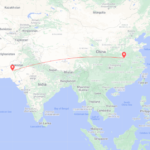

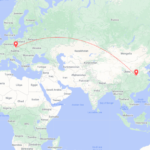
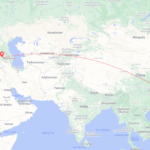

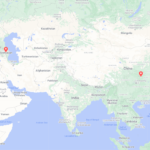




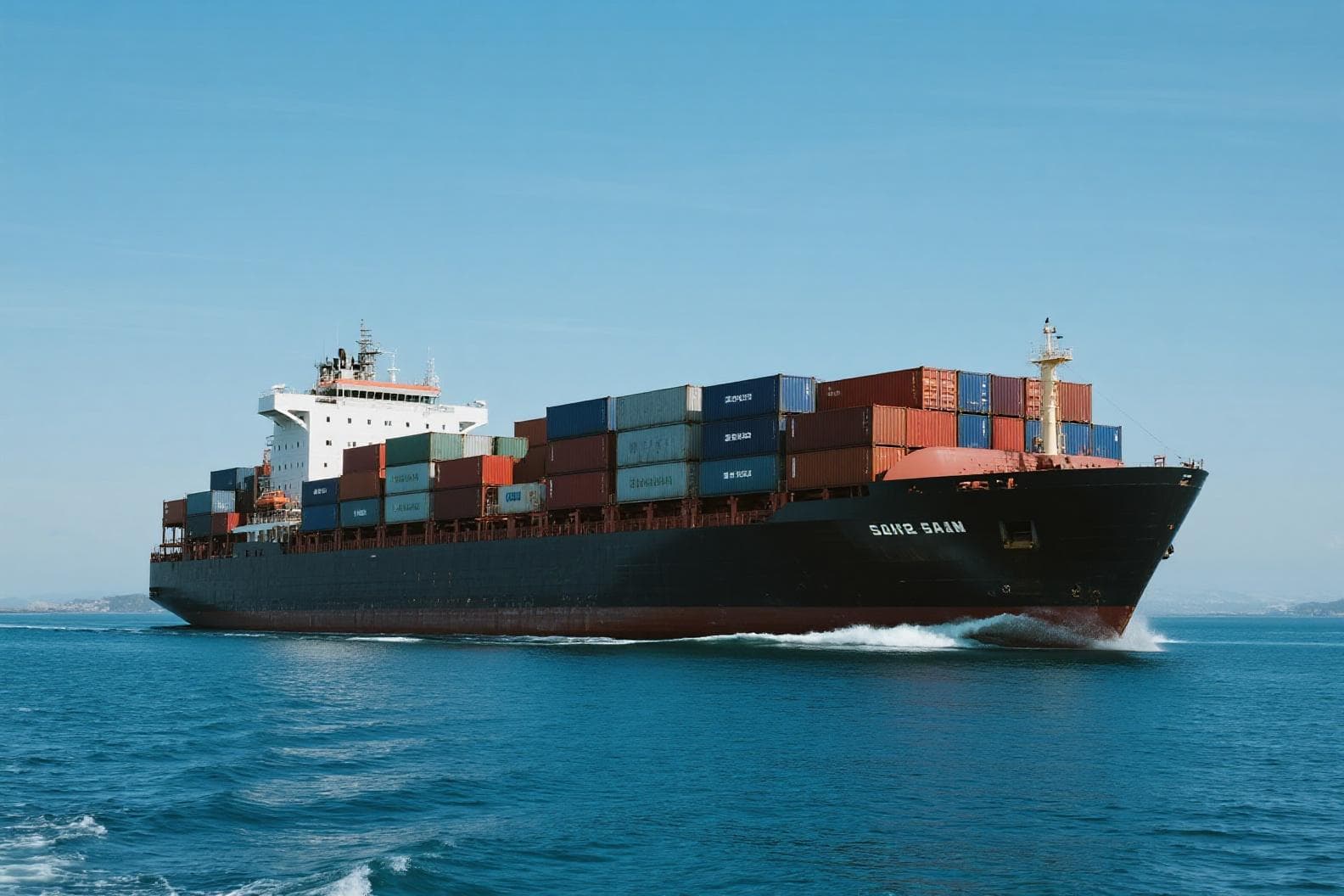





 Afrikaans
Afrikaans Shqip
Shqip አማርኛ
አማርኛ العربية
العربية Հայերեն
Հայերեն Azərbaycan dili
Azərbaycan dili Euskara
Euskara Беларуская мова
Беларуская мова বাংলা
বাংলা Bosanski
Bosanski Български
Български Català
Català Cebuano
Cebuano Chichewa
Chichewa 简体中文
简体中文 繁體中文
繁體中文 Corsu
Corsu Hrvatski
Hrvatski Čeština
Čeština Dansk
Dansk Nederlands
Nederlands English
English Esperanto
Esperanto Eesti
Eesti Filipino
Filipino Suomi
Suomi Français
Français Galego
Galego ქართული
ქართული Deutsch
Deutsch Ελληνικά
Ελληνικά Kreyol ayisyen
Kreyol ayisyen Harshen Hausa
Harshen Hausa Ōlelo Hawaiʻi
Ōlelo Hawaiʻi עִבְרִית
עִבְרִית हिन्दी
हिन्दी Hmong
Hmong Magyar
Magyar Íslenska
Íslenska Igbo
Igbo Bahasa Indonesia
Bahasa Indonesia Gaeilge
Gaeilge Italiano
Italiano 日本語
日本語 Basa Jawa
Basa Jawa ಕನ್ನಡ
ಕನ್ನಡ Қазақ тілі
Қазақ тілі ភាសាខ្មែរ
ភាសាខ្មែរ 한국어
한국어 كوردی
كوردی Кыргызча
Кыргызча ພາສາລາວ
ພາສາລາວ Latin
Latin Latviešu valoda
Latviešu valoda Lietuvių kalba
Lietuvių kalba Lëtzebuergesch
Lëtzebuergesch Македонски јазик
Македонски јазик Malagasy
Malagasy Bahasa Melayu
Bahasa Melayu മലയാളം
മലയാളം Maltese
Maltese Te Reo Māori
Te Reo Māori मराठी
मराठी Монгол
Монгол ဗမာစာ
ဗမာစာ नेपाली
नेपाली Norsk bokmål
Norsk bokmål پښتو
پښتو فارسی
فارسی Polski
Polski Português
Português ਪੰਜਾਬੀ
ਪੰਜਾਬੀ Română
Română Русский
Русский Samoan
Samoan Gàidhlig
Gàidhlig Српски језик
Српски језик Sesotho
Sesotho Shona
Shona سنڌي
سنڌي සිංහල
සිංහල Slovenčina
Slovenčina Slovenščina
Slovenščina Afsoomaali
Afsoomaali Español
Español Basa Sunda
Basa Sunda Kiswahili
Kiswahili Svenska
Svenska Тоҷикӣ
Тоҷикӣ தமிழ்
தமிழ் తెలుగు
తెలుగు ไทย
ไทย Türkçe
Türkçe Українська
Українська اردو
اردو O‘zbekcha
O‘zbekcha Tiếng Việt
Tiếng Việt Cymraeg
Cymraeg יידיש
יידיש Yorùbá
Yorùbá Zulu
Zulu